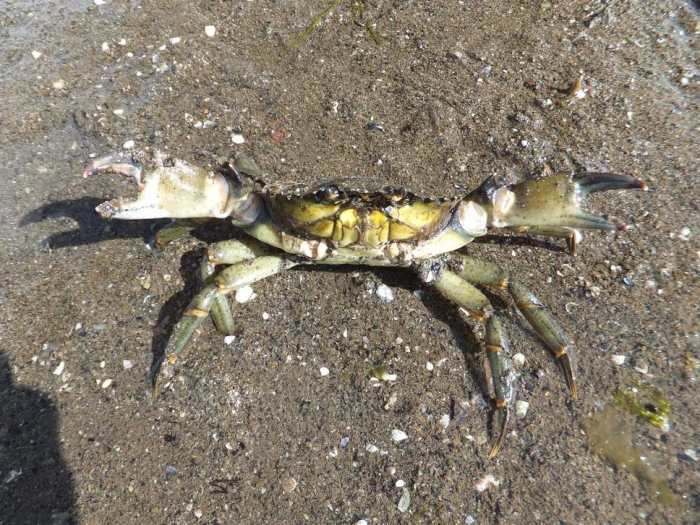The discovery, based on experiments with sea snails, suggests plastic pollution is having profound effects on ocean life that are currently being overlooked.
Plastic has been found throughout the world’s seas, with pieces showing up everywhere from Arctic sea ice to the bottom of the Mariana Trench.
Often its harmful effects are obvious, particularly when whales die after choking on plastic bags or turtles become tangled in discarded fishing nets.
But plastics also contain a range of potentially toxic chemicals, including additives used in their manufacture and substances that they absorb from the environment.
The impact of these chemicals leaching into the surrounding water is not well understood, although some previous work has suggested they can disrupt the growth of animal embryos.
In a study published in the journal Biology Letters, Professor Laurent Seuront from the French National Centre for Scientific Research looked at the behaviour of common periwinkles when faced with crabs, their natural predators.
Normally, these tiny creatures can avoid attack by withdrawing into their shells when they sense crab chemicals in the water.
However, when placed in water used to soak tiny plastic pellets, the research team found that the shellfish were no longer responding when exposed to these chemical cues.
The Independent
















































